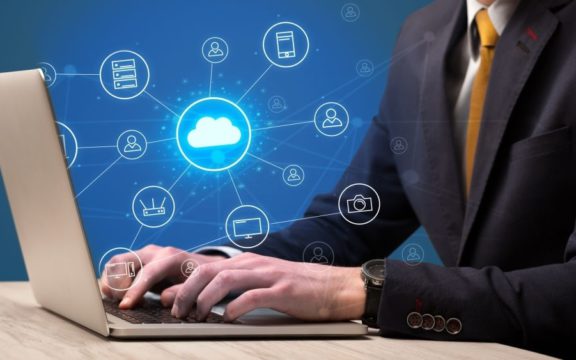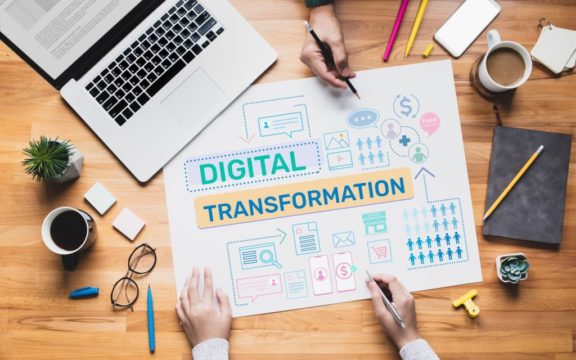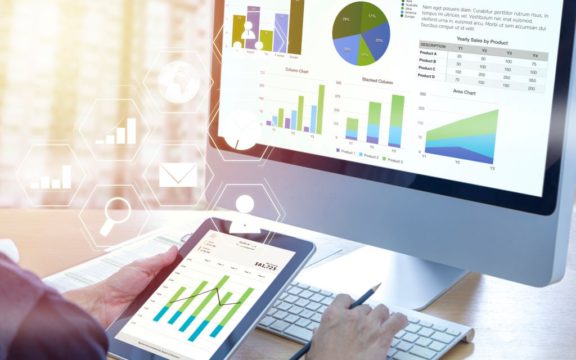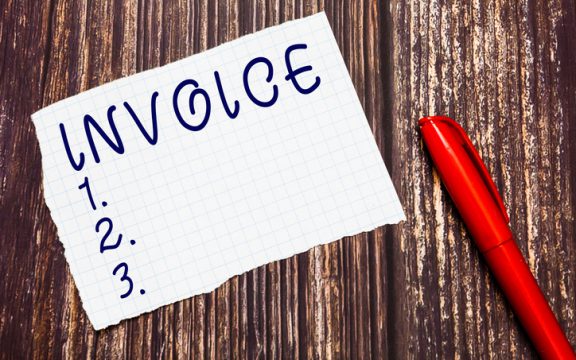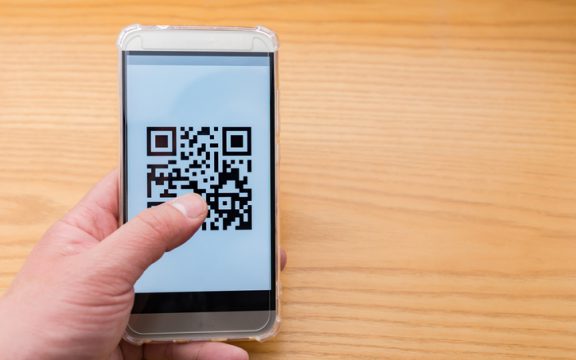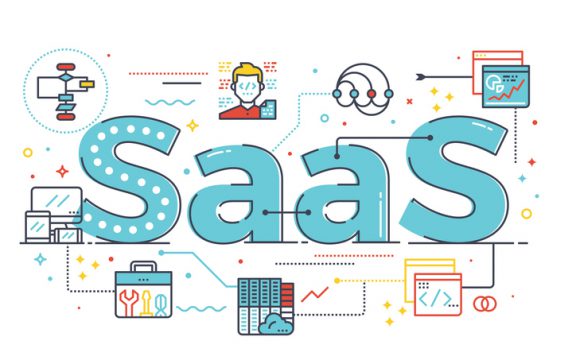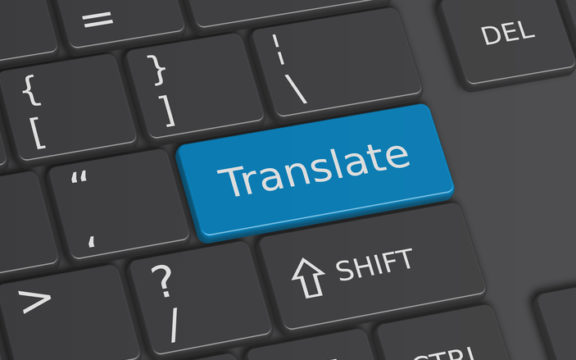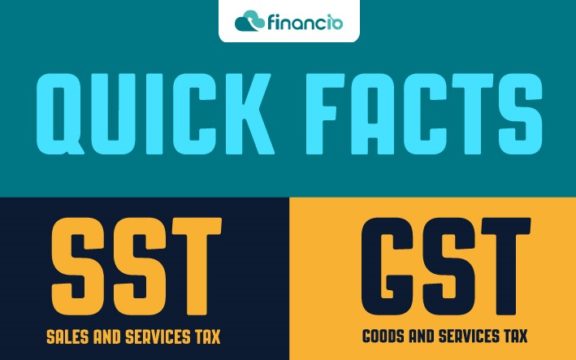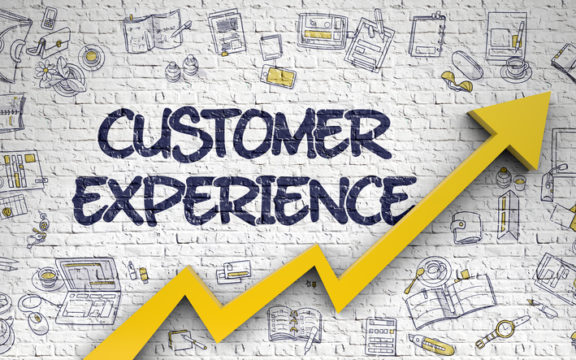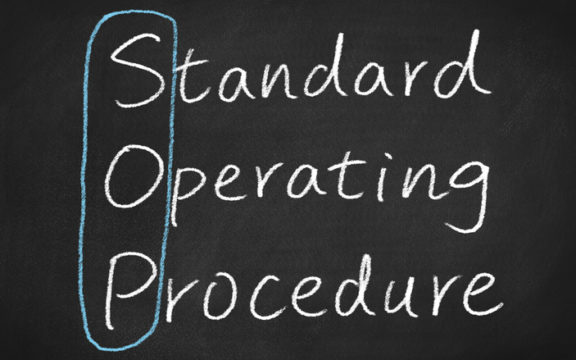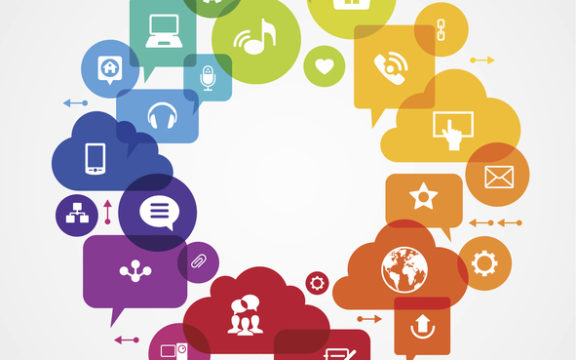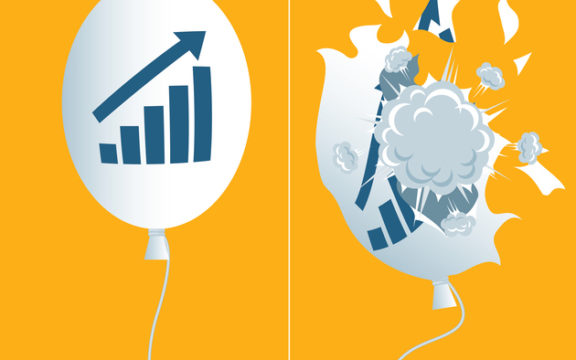Recently, more and more Malaysia SMEs started to devise innovative strategies in storing their accounting and financial information.
Businesses are rapidly switching from traditional on-premise accounting method to cloud accounting, with the aim to improve their financial departments’ accountability and transparency.
By taking advantage of cloud-based accounting software, businesses are less dependent on in-house hard drives when managing their accounting and finances. Leveraging the security of cloud-accounting, financial data’s security and accessibility are enhanced.
Traditional and cloud accounting comes with vastly different features. This post will discuss the key differences between these two different methods of recording, processing and storing financial data of a business.
Cloud vs. Traditional Accounting
Traditional accounting involves a dedicated in-house computer hard drive to store data and host the software. The on-premise accounting software is installed onto a desktop computer and is accessible through a desktop application. It does not require an internet connection, which is allow users without internet access to use it offline.
Cloud accounting has the same functionality as on-premise accounting software. Both function as software that records, processes, and stores financial details of a business.
However, with cloud accounting software, data is recorded, processed and stored on a remote server, eliminating the need for in-house computer hard drives. Users will need internet access and devices to operate and access the data.
1. Cost
On-premise software usually requires bigger upfront purchase, known as capital expenditure (CapEx) to a business. It involves up-front investment, responsibility and expertise to operate and maintain in-house computer hardware. When data size grows extensively, the initial invested storage system will need to be replaced or upgraded to accommodate more data. This will have a significant increase in business operations costs.
Conversely, cloud accounting does not require the investment of in-house computer hardware to store financial data. Cloud-based accounting software enables businesses to store data in the cloud and can be easily accessed via any mobile device. Although users have to pay a monthly or annual subscription, it is usually a cheaper option than adopting a traditional on-premise accounting software.
2. Security
The financial data of the traditional accounting software are vulnerable to theft or physical damage, such as fires. It is a risk when data is stored on a computer’s hardware as it may be stolen or tampered by hackers.
Cloud accounting gives SMEs the accessibility of their financial data regardless of any situations that might affect the business. Virtual platform of cloud data storage is less vulnerable to physical damage.
The additional security levels making it difficult for a hacker to gain access to the data. In the case of any suspicious activity, a cloud accounting provider will be able to quickly detect and prevent a data breach.
3. Accessibility
Traditional accounting is deployed and maintained in-house at a physical office. Users can only gain access remotely with third-party support to access the solution and a mobile device. Cloud accounting software provides real-time data that can be accessed via the Internet anywhere at any time.
In other words, with a web-based interface device, your Finance personnel can access the software from home, while travelling, and from any location of their choice. The cloud keeps information updated in real-time,in a secure site, making it readily accessible.
4. Scalability
As businesses grow, so does financial data size. SMEs using traditional accounting software will need to expand its in-house IT investment to meet the increasing storage size demand regularly. Each time the data size surpasses the limit, you will need to act fast and upgrade the hardware to accommodate the growth.
On the contrary, cloud accounting software is flexible and scalable such that it can accommodate business growth and needs.
5. Environment Friendliness
Traditional accounting requires users to print out financial information on paper, which is not environmentally friendly. Users can go paperless with cloud accounting since the data can be accessed electronically with a mobile device and internet access.
This makes the distribution of accounting information simple, efficient, and more economical compare to the traditional accounting method.
6. Cloud or Traditional Accounting the Future of Finance?
There is a growing trend for the adoption of cloud-based accounting software. Organisations that aims to implement a secure, cost-effective and scalable accounting software should consider adopting a cloud accounting solution.
As technology evolves rapidly to accommodate the ever-growing needs of businesses, even the Finance personnel needs to keep up with the technology trend and reap the benefits of adopting cloud-based software over traditional on-premise solutions.
For more information, feel free to get in touch with us.







